Politics
Welsh Government promises ban on lying politicians
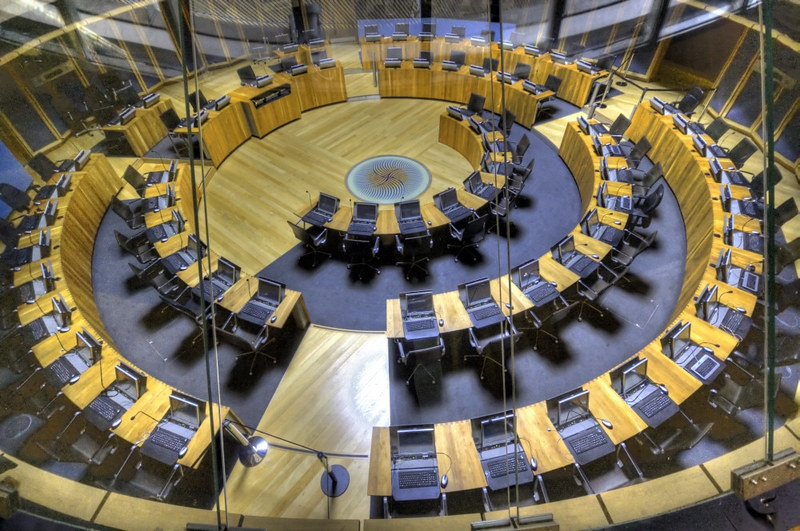
THE WELSH Government promised to introduce a law banning lying politicians before the next Senedd election after striking a last-minute deal to avert defeat.
Mick Antoniw, who is counsel general, the Welsh Government’s chief legal adviser, reached an agreement with Adam Price just before a key vote on creating an offence of deception.
Under the elections bill, Mr Price proposed a four-year disqualification for Senedd members, ministers or candidates found guilty of deliberate lying.
Mr Antoniw stopped short of supporting criminalisation as he invited the Senedd’s standards committee, which is holding an inquiry on accountability, to make proposals.
He said: “The Welsh Government will bring forward legislation before 2026 for the disqualification of members and candidates found guilty of deception through an independent judicial process.”
In return, Plaid Cymru’s 12 members and Rhys ab Owen, who sits as an independent, abstained – with Labour winning the vote to remove clause 64 from the bill, 26-13.
Without the deal, Welsh ministers would likely have suffered defeat because the Senedd’s speaker is required to use her casting vote against amendments in the event of a tie.
Mr Antoniw, who attended his first Tory group meeting that day to try to sway its members, joked that the 11th-hour deal spared the Senedd from a 30-page speech he had prepared.
Mr Price, who represents Carmarthen East and Dinefwr, said: “What has just been announced by the counsel general is truly historic, in fact it is globally pioneering.
“We now have a commitment from the government that our democracy will be the first – the first in the world to introduce a general prohibition on deliberate deception by politicians.”
He added: “For it to have public trust, it has to sit outside the political process – you can’t have politicians pointing the finger at each other and being judge and jury.”
Mr Price, who served as Plaid Cymru leader from 2018 to 2023, said a collapse in trust in politics poses an existential threat to democracies worldwide.
He said: “Democracy starts to break down if the electors can’t trust what the elected say.”
The former MP warned existing measures – such as standards committees, commissioners and Westminster’s recall system – have all failed to solve the credibility problem.
Mr Price said a small minority of politicians deliberately distort the truth for their own gain but they poison the well for everyone else.
Labour’s Lee Waters said there is consensus across the chamber that deliberate lying undermines public trust in politics and needs to be rooted out.
He said: “I was elected in 2016 – before the Brexit referendum, before Donald Trump … before Boris Johnson lied his way to Downing Street then lied his way out again. There’s no doubt politics in this country has become darker … and I worry we’re adjusting to it.”
The former minister said he has witnessed lying, manipulation, racist abuse, arson and mobs whipped up by the far-right descending on his Llanelli constituency over the past year.
“It’s been an awful, upsetting experience seeing this ugliness becoming quietly normalised,” said Mr Waters, who abstained in an earlier vote to allow further debate on the issue.
He reiterated support for a criminal offence of deception because it would set a high bar and the courts are independent. “People don’t trust politicians to regulate themselves,” he said.
Peter Fox gave the Conservatives’ backing for Mr Price’s plan, pressing ahead in voting against the Welsh Government’s amendment despite the announcement.
He said: “I’m anxious .. that the way forward that may be proposed may not give the parliamentary time to enable things to go forward whereas the current course would.”
Alun Davies, a Labour backbencher, denounced a tweet by Andrew RT Davies, leader of the Conservative group, posted on the morning of the debate on July 2.
The Blaenau Gwent MS said: “A single message ‘Labour wants to pay illegal immigrants £1,600 a month’ – something we know which is completely untrue … no basis of truth at all.”
He argued against bringing the criminal justice system into politics, saying: “A parliament shouldn’t be subject to judicial oversight … [it] should be able to govern its own affairs.”
James Evans sympathised with Mr Price’s proposal, saying he thought it would go some way to rebuilding public confidence in politicians.
But he cautioned the plan could do “real democratic damage” as he raised risks to parliamentary privilege – legal immunities which allow politicians to speak freely.
Mr Evans suggested Senedd members could face a flurry of defamation lawsuits. “I don’t want to be looking over my shoulder every time I say something,” he said.
The Tory MS for Brecon and Radnorshire told the Senedd: “I don’t think it is right that someone’s personal views could be challenged in court.”
Caerphilly’s Labour MS Hefin David agreed on privilege, adding that the far-right or hard-left politicians might use “criminalisation of their views” as a “badge of honour”.
Jane Dodds said political dishonesty is corroding public trust, warning that protections in Cardiff Bay and Westminster are woefully inadequate.
Warning that lying flourishes because politicians can get away with it, Ms Dodds told the chamber: “We have to do more – there is no excuse.”
The Lib Dems’ leader in Wales raised a “shocking” survey which revealed 45% of people rarely, if ever, trust governments to prioritise national interests over party politics.
Ms Dodds, who represents Mid and West Wales, said: “Truth in our society is fragile and vulnerable. Our goal is straightforward: it is to stop politicians … from calculated lying.
“That is an act that can have a deep, often traumatic consequence to people’s lives. And let’s be clear here: freedom of speech is not freedom to lie.”
international news
Mandelson quits Lords amid police probe over Epstein links
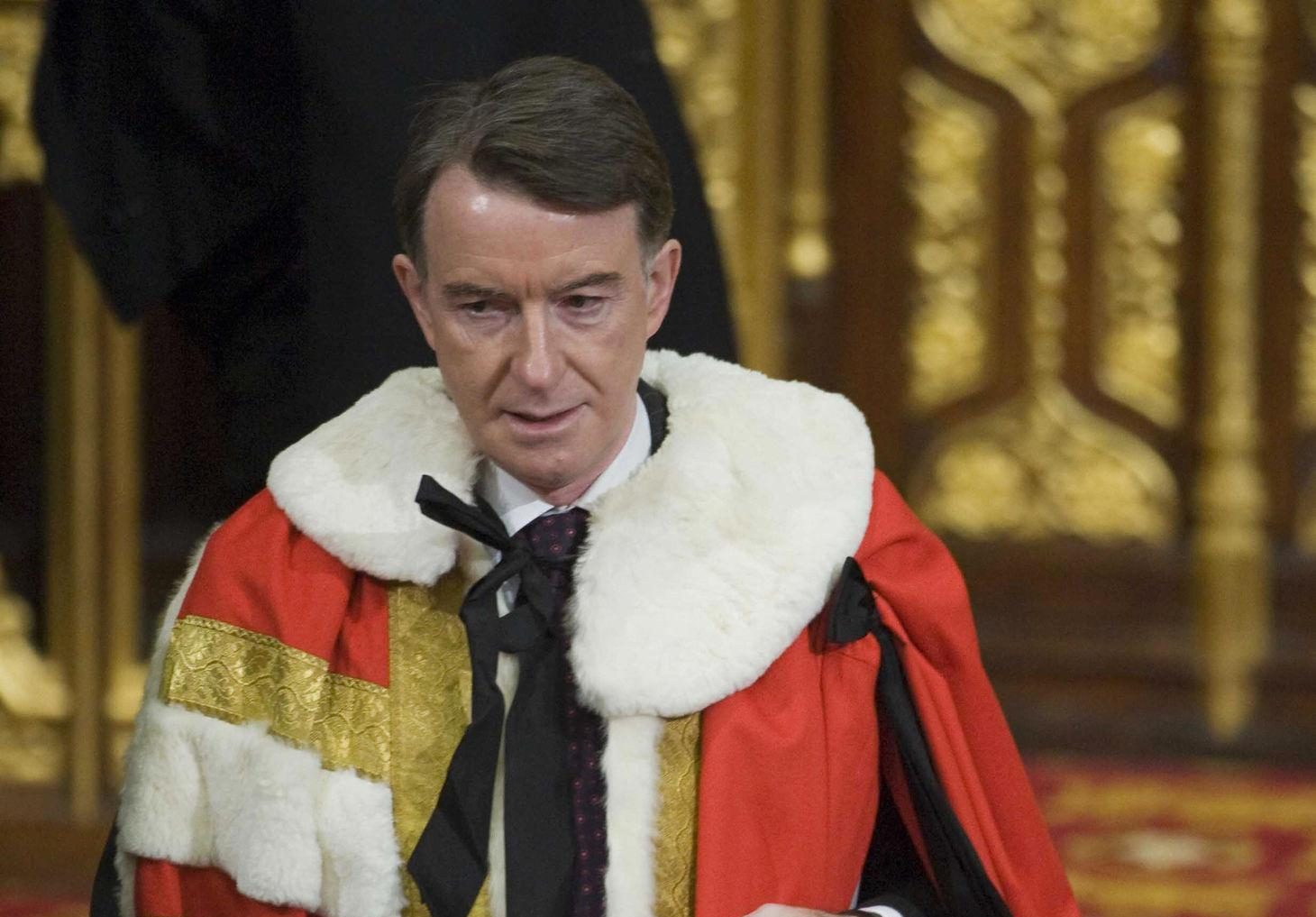
Peter Mandelson has announced he will retire from the House of Lords with immediate effect, as mounting political and legal pressure grows over claims he shared sensitive government information with convicted sex offender Jeffrey Epstein.
Parliamentary officials confirmed that Peter Mandelson formally notified the Clerk of the Parliaments of his decision, ending his membership of the upper chamber from Tuesday (Feb 4).
The move follows reports that the Metropolitan Police Service is reviewing allegations of possible misconduct in public office connected to emails said to have been forwarded to Epstein while Mandelson was business secretary during the 2008–09 financial crisis.
Downing Street has confirmed that material has been passed to police after an initial Cabinet Office review.
Government fury
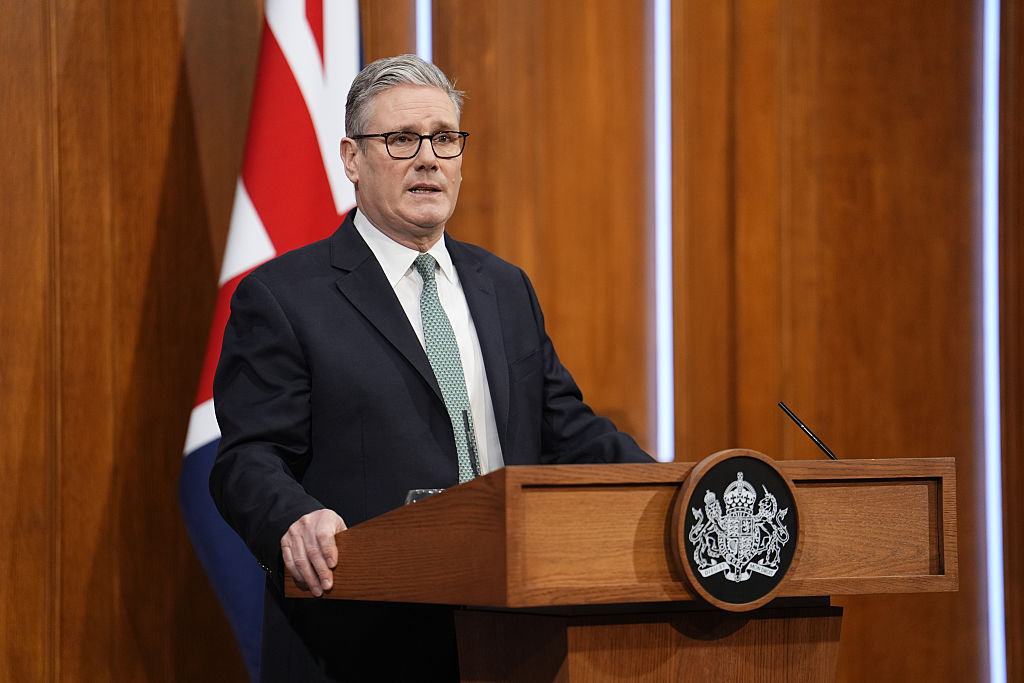
Prime Minister Keir Starmer told cabinet colleagues Mandelson had “let his country down”, according to No 10, and officials are now drafting legislation that could strip him of his peerage entirely.
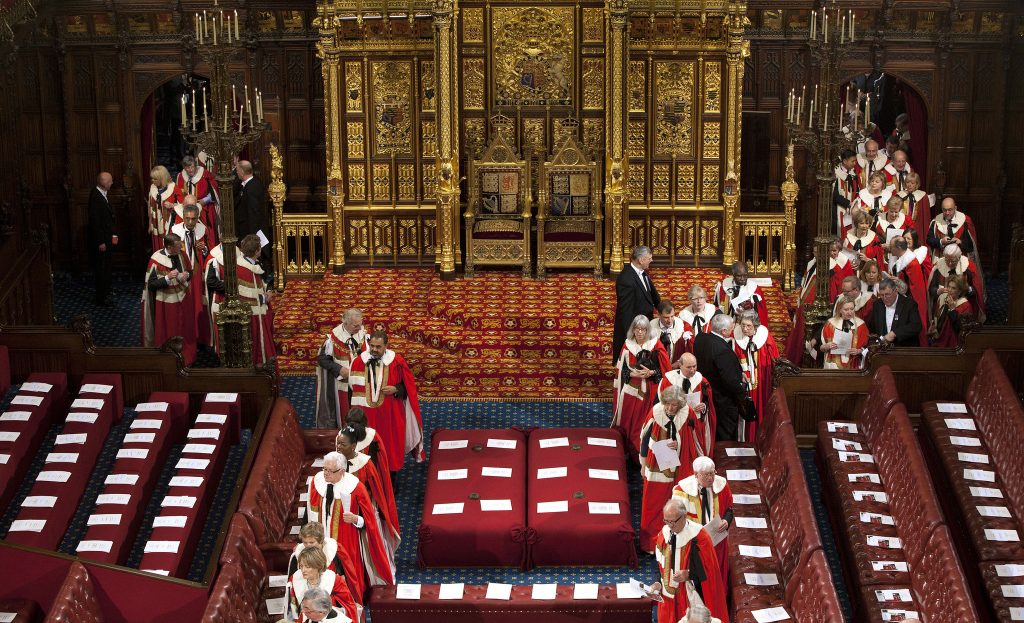
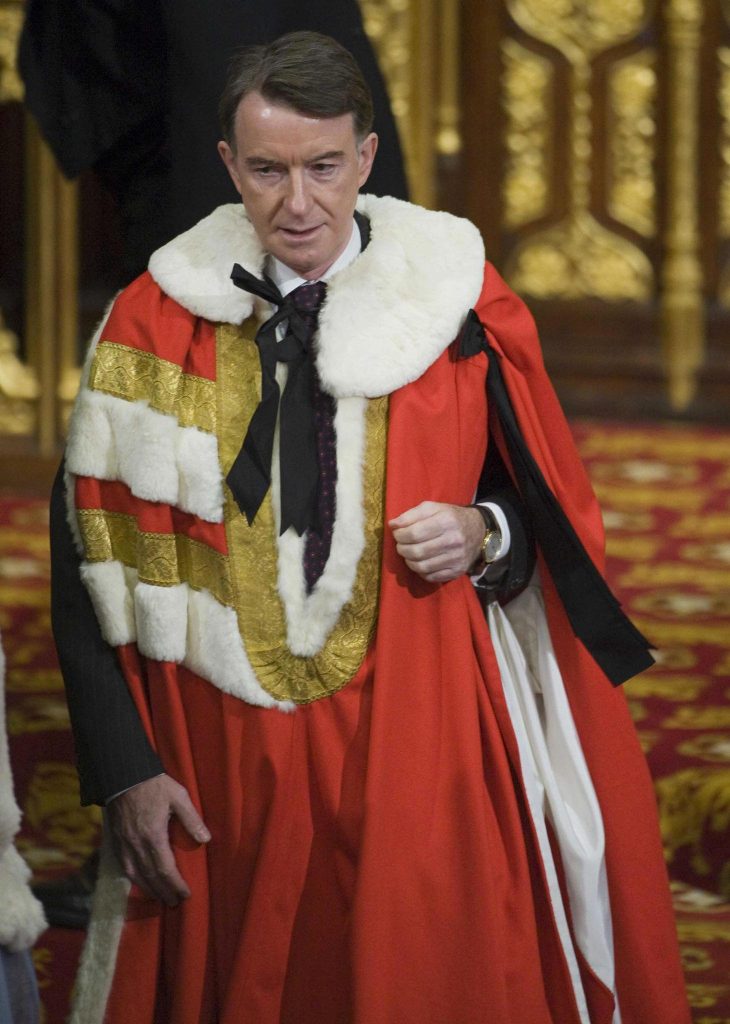
Removing a life peer is rare and would require an Act of Parliament.
If passed, Mandelson would lose the title “Lord” altogether — an extraordinary step that has only been considered in the most serious cases.
Senior ministers have described the alleged passing-on of market-sensitive government discussions as “disgraceful” and a “betrayal of trust”.
What police are examining
Misconduct in public office is a centuries-old common law offence that applies where someone in a position of public trust wilfully abuses that role. It carries a maximum sentence of life imprisonment.
Investigators will assess whether confidential information — particularly relating to government financial policy during the crash — was shared without justification and whether safeguards were breached.
At this stage, no charges have been brought.
Mandelson has previously apologised for maintaining contact with Epstein after the financier’s conviction, saying he regrets “ever having known him”, but he has disputed some of the latest claims and has not commented directly on the police review.
Political shockwaves
Opposition parties are pushing for further disclosure of documents relating to Mandelson’s vetting and his past roles.
Conservatives are expected to force a Commons vote demanding more information, while Liberal Democrats have called for a public inquiry.
Several MPs have also suggested Mandelson should be removed from the Privy Council.
The developments mark a dramatic fall for one of Labour’s most influential political figures of the past three decades, who only months ago was serving as the UK’s ambassador to Washington.
Now, with police examining evidence and legislation being prepared to remove his title, his public career appears effectively over.
More updates are expected as the investigation continues.
Community
Cilgerran Church in Wales school petition to be heard

A PETITION opposing proposed changes for a north Pembrokeshire school is to be heard by councillors later this week.
At last May’s meeting, Pembrokeshire County Council considered a report of the School Modernisation Working Group which outlined the findings of a review of education provision in the Preseli area.
A later July meeting backed a general consultation to discontinue Cilgerran Church in Wales Voluntary Controlled School, and to establish it as a 3-11 community school.
“In particular, the review considered the extent of surplus school places in the area, set against a significant decline in the pupil population,” the council in its consultation has said.
The consultation closed on January 30.
Hundreds have opposed the proposed changes, with a petition, on the council’s own website opposing the changes recently closing after gaining 391 signatures.
Any petition of more than 100 signatures triggers a debate at one of the council’s scrutiny committees, in the case of Cilgerran that debate taking place at Pembrokeshire County Council’s February 5 schools and learning overview and scrutiny committee.
The Cilgerran e-petition, created by Louise Williams, raised concerns including the school could become part of a federation, a loss of permanent head teacher on site, a shared head teacher would have to oversee several schools, loss of funding control and the ability to maintain the school’s current healthy and stable funding, and a loss of commitment to the church, in turn could impact on the school’s and pupils values, beliefs and cultural beliefs.
It said: “Ysgol Cilgerran VC school has strong links with the Church community in Cilgerran and we believe this will have a negative impact on the children who attend the school, the community of Cilgerran and the links between the two.
“We are proud of our school ethos and values which are strengthened by our links with the church. The school has close and strong relationships with our Church in Wales federation governors one of which is also our safeguarding governor.
“Our Church Federation governors work closely with the school and are regular visitors to the school and the children. They provide vital support and guidance to the school and have a positive impact on the Children’s education. We believe these links will be weakened by this proposal to remove our VC status and we believe this is an un-necessary action.”
The proposals for Cilgerran are part of a wide range of potential education changes in the county.
Two petitions, opposing the potential closures of Manorbier and Ysgol Clydau schools, were recently heard at full council and a further petition opposing the potential closure of Stepaside School has recently been launched, which has generated enough support to be heard at a future council meeting.
Crime
Welsh Lib Dems urge ministers to rethink rates relief for struggling pubs and cafés

Calls grow for Welsh Government to match support offered to English venues
THE WELSH LIBERAL DEMOCRATS have urged the Welsh Government to review its business rates policy, warning that scaling back support for pubs and hospitality risks further closures across towns and villages.
Party leader Jane Dodds, who represents Mid and West Wales in the Senedd Cymru, said ministers should act quickly to protect local venues after additional support for pubs and music venues was announced for England by the UK Government.
The measures announced by the Chancellor do not automatically apply in Wales, leaving uncertainty over whether similar help will be introduced here.
Hospitality businesses across Pembrokeshire and Carmarthenshire have already reported rising energy bills, higher wage costs and reduced footfall since the pandemic. From April, current business rates relief is expected to be reduced, a move the Liberal Democrats say could place Welsh firms at a disadvantage compared with competitors over the border.
Dodds said that pubs, cafés and restaurants form “the heart of our communities” and warned that withdrawing relief now would be “a serious mistake”.
She told the Senedd that support “cannot stop at pubs alone” and should extend to the wider hospitality sector, including restaurants and family venues that rely heavily on seasonal trade and tourism.
“When questioned, the First Minister said she needed to examine the details of the English package before committing to anything similar for Wales,” Dodds said. “Without urgent action, we risk losing viable, well-loved businesses that communities simply cannot afford to lose.”
The party is also calling for UK-wide action, including a temporary reduction in VAT for hospitality and tourism, funded by a windfall tax on large banks.
However, Welsh Government sources have previously argued that decisions on rates relief must be balanced against pressures on public finances, with ministers required to prioritise health, education and other frontline services within a fixed budget. They have said any additional support would need to be affordable and targeted.
Industry bodies have echoed concerns about the challenges facing the sector. Trade groups say many independent pubs and cafés continue to operate on tight margins, particularly in rural areas where they serve as community hubs as well as businesses.
Local operators say clarity is now key, with decisions on staffing, stock and opening hours often planned months in advance.
With the next financial year approaching, hospitality owners will be watching closely to see whether Wales mirrors England’s support – or leaves businesses to absorb the extra costs alone.
-

 Health5 days ago
Health5 days agoConsultation reveals lack of public trust in health board
-

 News6 days ago
News6 days agoCaldey still unsafe, survivors warn — despite Abbey’s reform claims
-

 Community6 days ago
Community6 days agoPembrokeshire students speak at national Holocaust Memorial Day event
-

 News7 hours ago
News7 hours agoPrincess of Wales visits historic Pembrokeshire woollen mill
-

 Crime4 days ago
Crime4 days agoPembroke man accused of child sex offences sent to Swansea Crown Court
-

 News6 days ago
News6 days agoKurtz raises Gumfreston flooding in the Senedd as petition deadline nears
-

 Community5 days ago
Community5 days agoCampaign to ‘save’ River Cleddau hits over 2,200 signatures
-

 Education6 days ago
Education6 days ago‘Vulnerable teen’ questioned by police at Milford Haven School




























